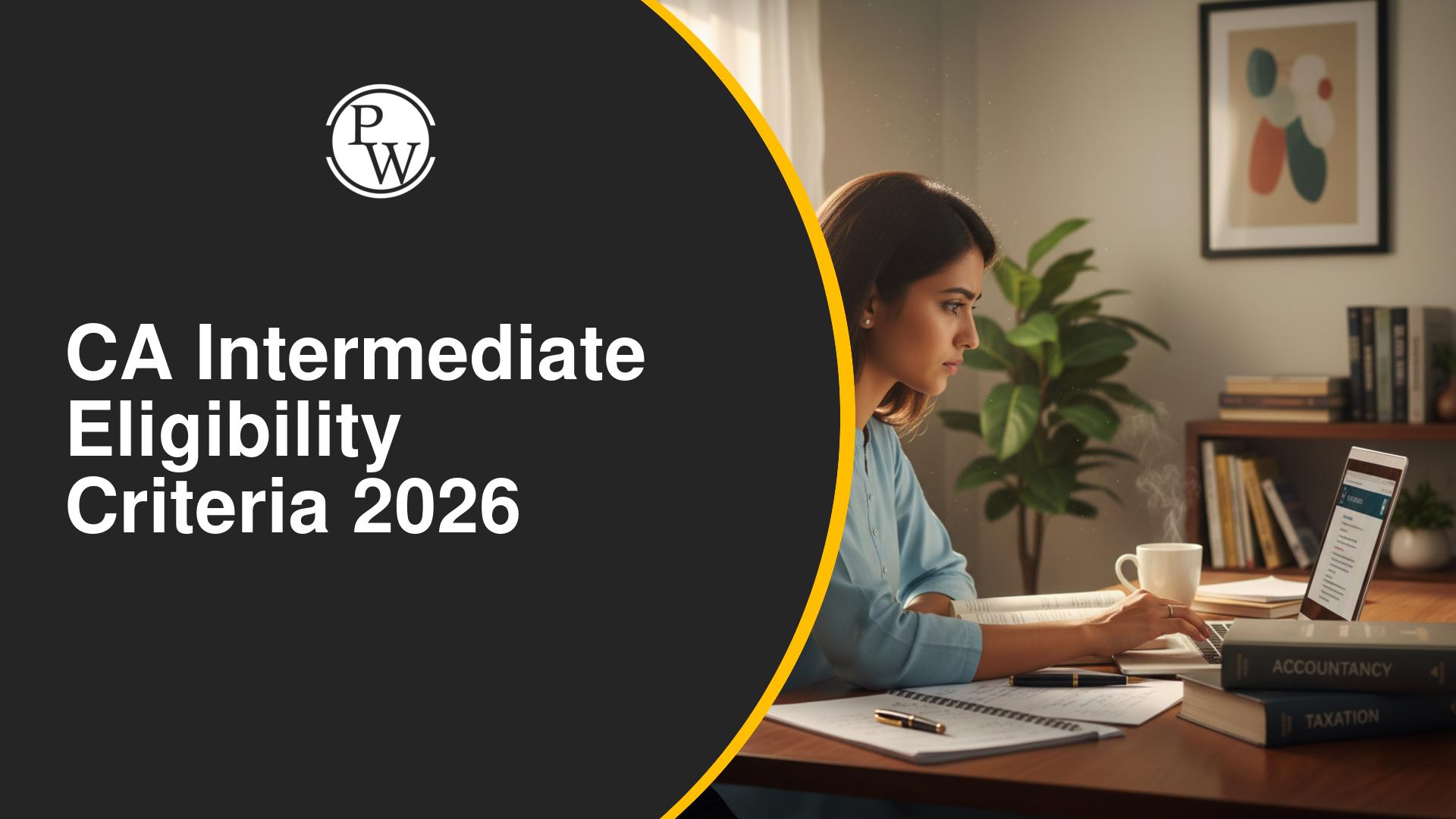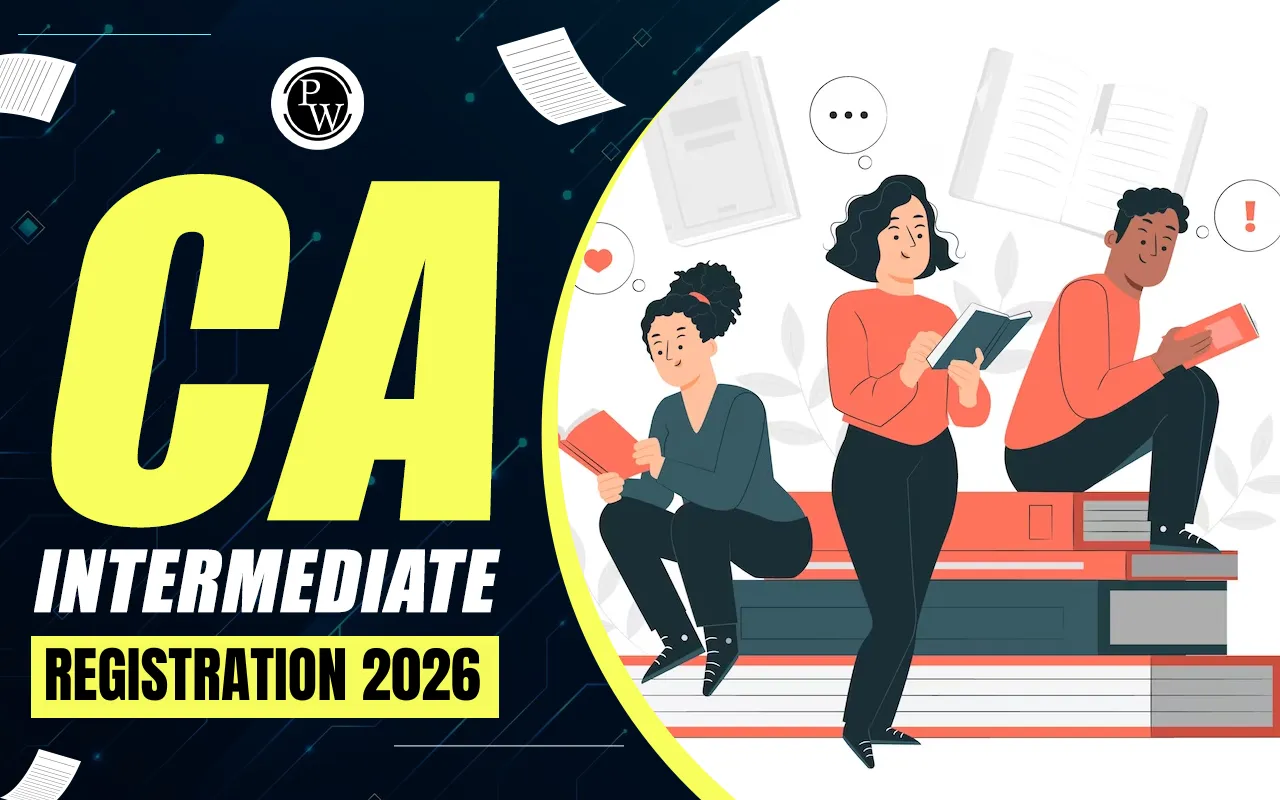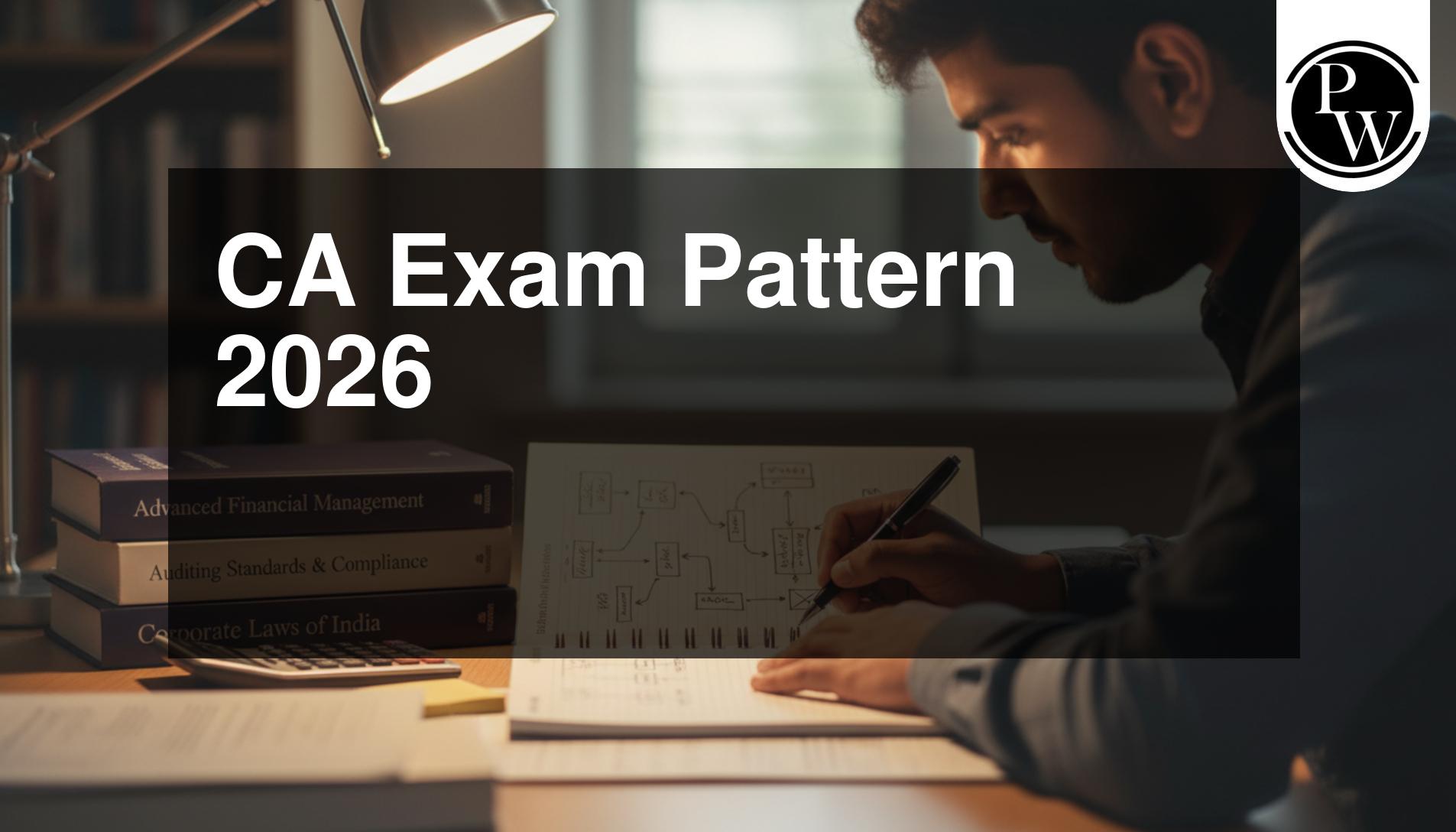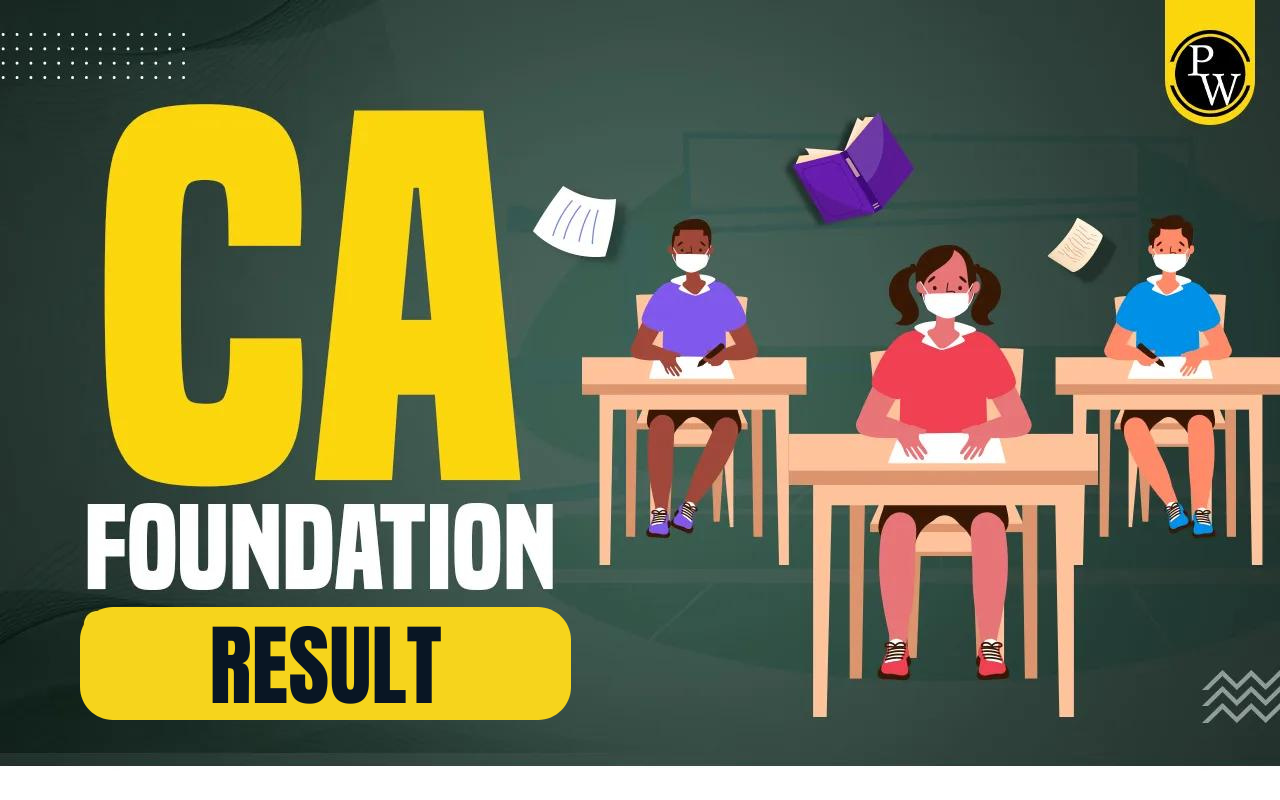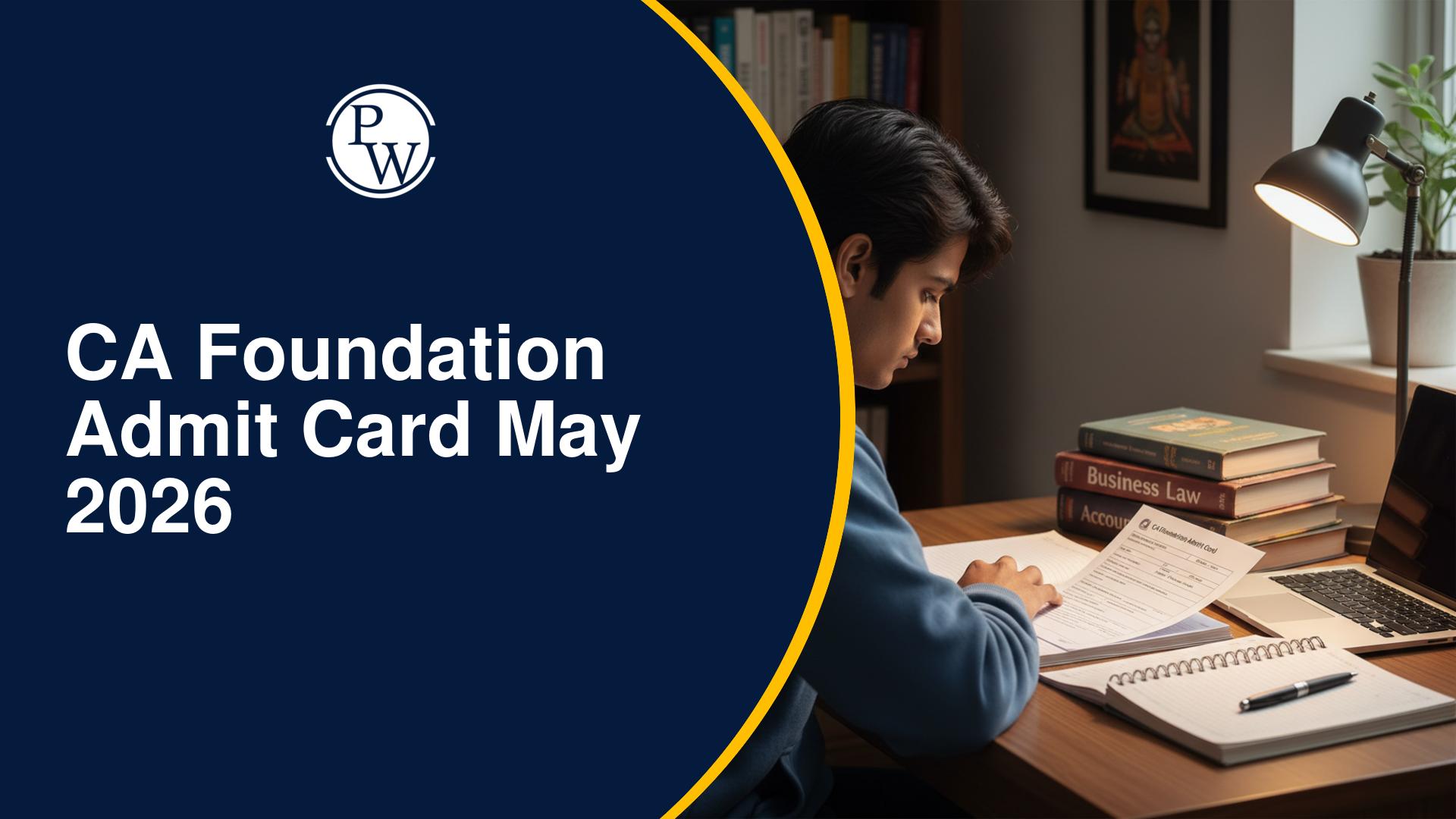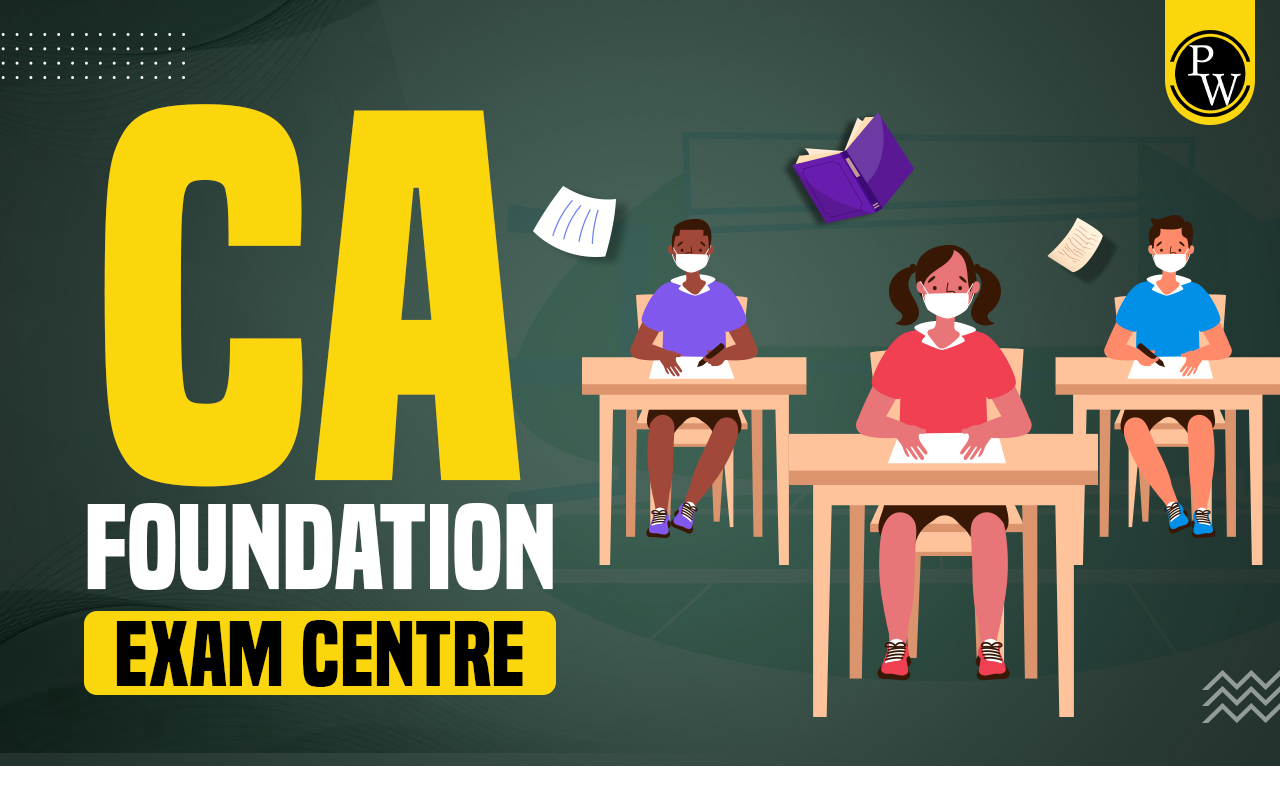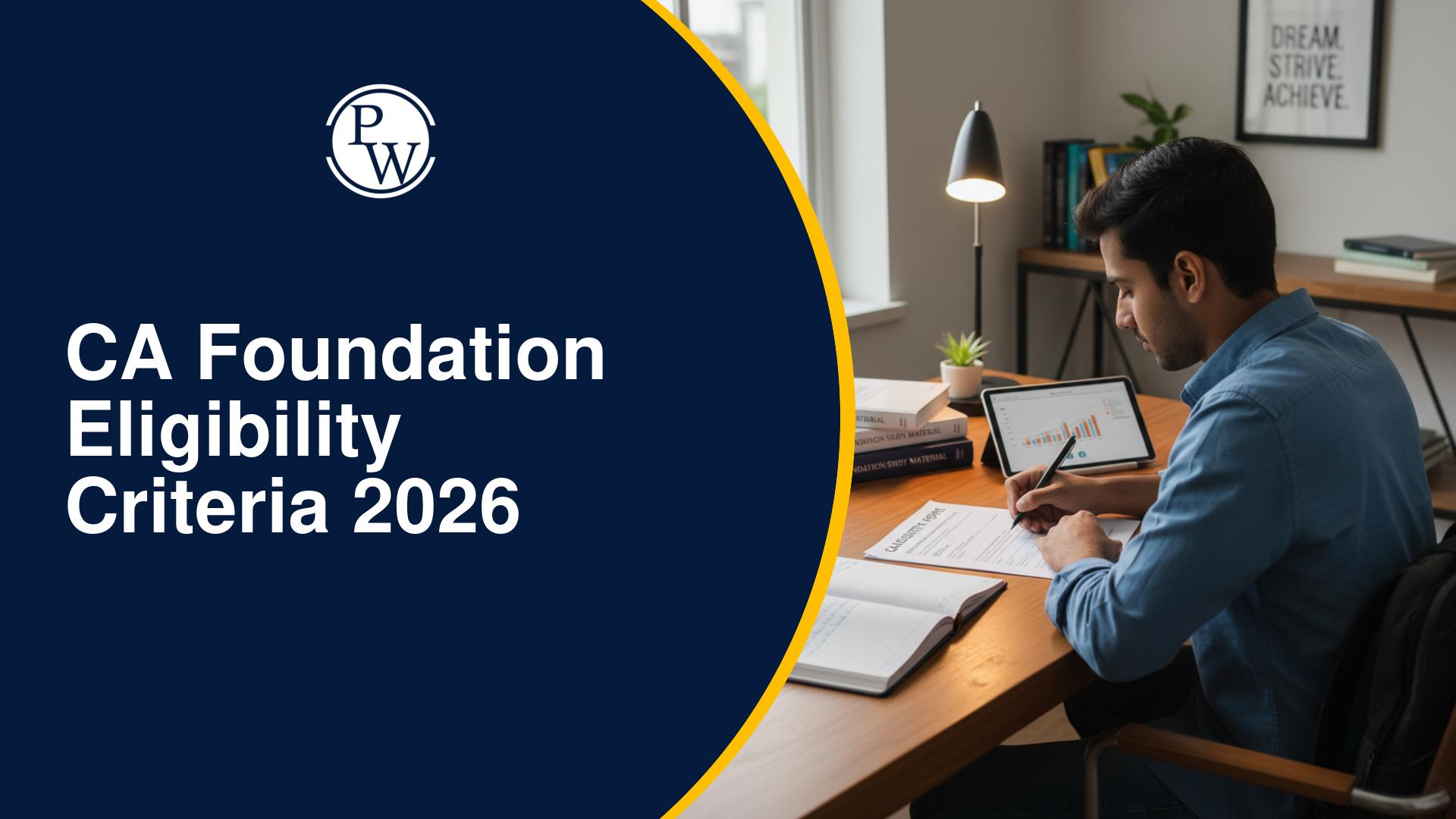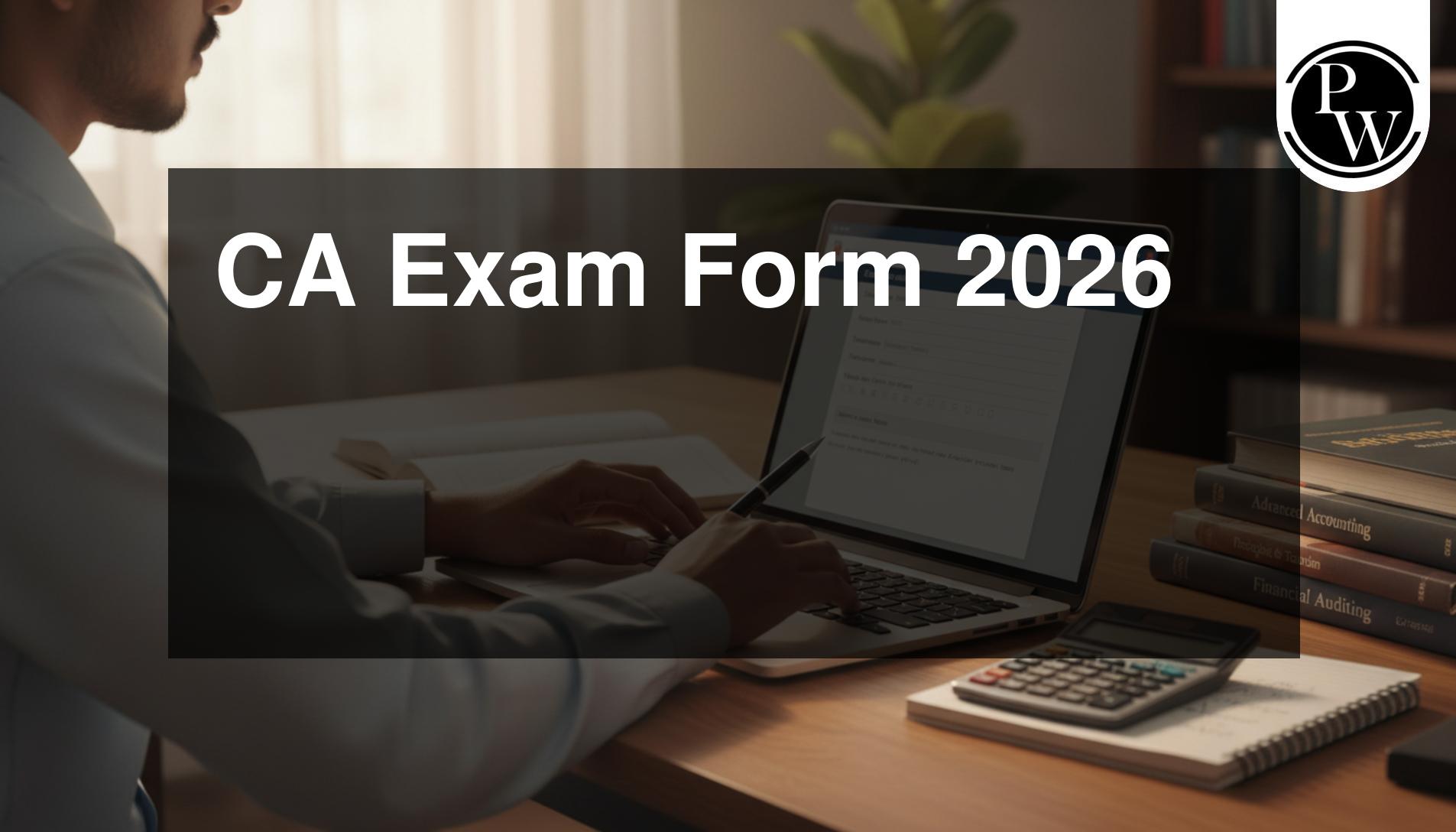
Forensic Accounting stands out as one of the most sought-after specializations within the Chartered Accountancy (CA) profession. Characterized by its rigorous investigative approach to unraveling financial discrepancies and suspicious activities, Forensic Accounting and Auditing go beyond traditional number crunching. As economic conditions become more challenging and regulatory bodies exert greater oversight over corporate governance, the role of forensic accountants becomes indispensable.
Moreover, with a unique blend of accounting prowess, investigative skills, and legal knowledge, these professionals are at the forefront of ensuring transparency, combating fraud, and upholding the integrity of the financial world. The burgeoning demand for their expertise is a testament to the critical role they play in contemporary business environments. Furthermore, keep reading the following article to know why forensic accounting is an emerging field for CAs.
What is Forensic Accounting?
When there are concerns about money matters, honesty, or tricky business, that's when Forensic Accounting and Auditing come into play.
For example, ABC & Co. decided to make a deal with XYZ & Co. to buy Product X, all because their Chief Operating Officer (COO) said it was a good idea. Here's the catch – XYZ & Co. wasn't allowed to do business at that time because they had tax problems. The COO knew about this but still said yes to the deal because he was getting paid secretly by XYZ & Co.
Now, Forensic Audits, which are like financial detectives, can uncover situations like this. They can find out if something fishy, like fraud, is happening in cases similar to the one mentioned.
What is the Role of a Forensic Accountant?
- Forensic accounting is essential because many financial crimes are happening worldwide, like faking financial documents, showing favouritism to certain vendors, creating fake vendors or customers, and other wrong actions.
- Forensic accountants are crucial in investigating these crimes, whether people inside a company or outsiders commit them. They help regulatory bodies like RBI, SEBI, MCA, SFIO, and others uncover financial wrongdoing.
- RBI (Reserve Bank of India) recently made a rule that requires a thorough financial investigation for high-value borrowers. This shows how necessary forensic accounting is in India to keep financial matters in check and ensure transparency.
Who can be a Forensic Accountant?
- You don't have to be a Chartered Accountant or CPA to become a Forensic Accountant. Forensic teams are made up of a mix of professionals from various backgrounds.
- An ideal forensic team includes Chartered Accountants, Engineers, MBAs, MBEs, Lawyers, people who are becoming Chartered Accountants, and even recent graduates.
- Forensics is about more than just looking at financial records. It covers various services like gathering business intelligence, conducting investigations, tracing assets, implementing anti-bribery measures, resolving disputes, protecting brands, and much more.
Forensic Accounting Firms
It's not true that only the biggest Chartered Accountancy or CPA firms can run forensic practices. Besides the well-known Big 4 Accounting Firms, many smaller and mid-sized firms are also active in forensic audit.
The Indian Banks Association has a list of 72 Forensic Accounting Firms. So, if you're not getting a chance to work in a Big 4 or Big 10 firm, you can start your journey into forensic accounting in these equally excellent smaller firms.
What is the Career Growth of a Forensic Accounting?
- Many organizations now have a Risk Assurance Department because of the heavy reliance on technology.
- This department partners with external Forensic Auditors to investigate various matters.
- They often look into complaints raised by anonymous whistleblowers within the organization.
- Some organizations have their own in-house Forensic Audit Teams.
-
Forensic Accountants and Auditors help investors by:
- Conducting due diligence.
- Scrutinizing deals for potential fraud.
- Investigating bankruptcies, mergers, and acquisitions for transparency.
- They assist law firms, especially in divorce cases, to reveal hidden financial issues.
- They work with insurance companies to verify the legitimacy of claims.
- Any situation with a chance of accounting fraud presents an opportunity for Forensic Accountants.
- The nature of the job is challenging and varied, as each case is unique, and fraudsters use new methods.
- Many find the job of a Forensic Accountant enjoyable and not routine.
- Forensic Auditors/Accountants can transition to a Risk Advisory Department or the Internal Audit division if desired.
The Scope of Forensic Accounting Overseas
Here are the key points of the scope of Forensic Accounting outside India:
Forensic accounting originated in developed countries and is now emerging as a field for finance professionals in India and other regions. In the United States and other developed nations, a forensic accounting degree or experience opens up various career opportunities, including:
- CIA Analyst
- Criminalist
- Expert Witness
- FBI Agent
- Fraud Investigator
- ICE Agent
- Insurance Claims Investigator
- Legal Consultant
- Private Investigator
These roles involve tasks such as analyzing intelligence, investigating crimes, providing expert testimony in legal cases, and working in law enforcement or as consultants in the financial and legal sectors.
Forensic Accounting Certifications
- Forensic accountants don't have strict educational requirements, but many are Certified Public Accountants (CPA) or Chartered Accountants (CA).
- Various institutes in India and abroad offer forensic accounting degree programs to help individuals learn how to detect fraud.
- International certification courses are available for those aspiring to become Certified Forensic Accountants, with the Certified Fraud Examiner (CFE) from the Association of Certified Fraud Examiners (ACFE) being highly recognized.
- In India, the Institute of Chartered Accountants of India (ICAI) offers a certification course known as the Certificate Course on Forensic Accounting and Fraud Detection.
- Many colleges in India and globally offer forensic accounting courses that can be pursued while still in college, enhancing one's knowledge and skills in this field.
What Skills are required to become a Forensic Accountant?
Moreover, the qualities needed for a successful Forensic Accountant include:
- Attention to Detail: Being meticulous and thorough in their work.
- Ethical Integrity: Avoiding personal biases or emotions that might affect the audit.
- Analytical Skills: Having the ability to dissect complex financial situations.
- Curiosity: A willingness to dig deeper and explore beyond the surface.
- Confidence: Dealing with potentially serious legal consequences requires unwavering self-assurance.
- Current Economic Awareness: Staying updated on economic news and trends.
- Patience: Understanding that fraud detection may take time.
- Team Player: Collaborating effectively with other professionals.
- Perseverance: Maintaining a "Never Give Up" attitude.
Forensic Accounting Interview Tips
Forensic Accounting is like financial detective work. It's a way of investigating financial matters, especially fraud or misconduct. Here are some important points:
- Difference from Regular Auditing: Forensic accounting is different from regular auditing. While auditors mainly focus on financial statements' accuracy, forensic accountants dig deep to uncover financial irregularities or fraud.
- Companies Act 2013: In India, the Companies Act 2013 has important sections related to forensic audits and fraud. For instance, Section 447 defines what constitutes fraud.
- Other Laws: Understanding laws like the Prevention of Corruption Act and the Insolvency and Bankruptcy Code 2016 is crucial because these laws have a significant impact on financial investigations.
- Theoretical Knowledge: You should have a theoretical understanding of various things, including Market Intelligence, the Insolvency and Bankruptcy Code (IBC) Act, the Foreign Corrupt Practices Act (FCPA), and the UK Bribery Act. These are relevant in different aspects of forensic accounting.
- Financial Statement Frauds: Be aware of financial statement fraud cases, both in India and internationally, as they offer insights into common schemes and red flags.
- Economic Current Affairs: Stay updated on the latest economic news because many frauds are reported in the media. This can help you identify trends and risks.
- Software Skills: Proficiency in Microsoft Word, Excel, and PowerPoint is essential for gathering and analyzing financial information.
- Research Skills: You need to be skilled in online research and using database management and analytical software. These tools are invaluable for collecting evidence and analyzing data.
Furthermore, forensic accounting is about investigating financial wrongdoing, and it requires knowledge of laws, financial frauds, current economic events, and the use of various software tools. It's like solving financial mysteries to protect businesses and the economy.
Forensic Accounting FAQs
Can a Chartered Accountant (CA) become a forensic accountant?
What's the role of a CA in forensic accounting?
What are the new opportunities for CAs?
Can a CA become a forensic accountant in India?
What's the salary of a CA in a forensic audit?


